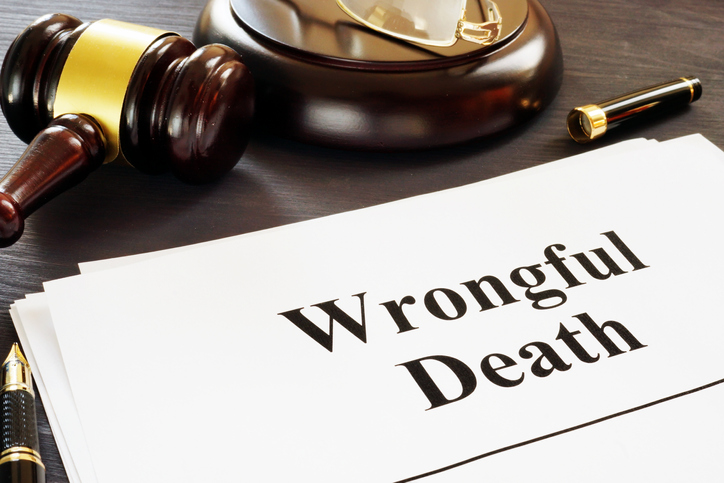By Pullin, Fowler, Flanagan, Brown & Poe, PLLC | Published February 15, 2021 | Posted in COVID-19, Employment Law | Tagged Tags: extended family leave, families first coronavirus response act, paid sick leave | Comments Off on Employees’ Sick Time and Family Leave Rights During COVID-19
- Johnnie E. Brown
- Chip E. Williams
- Duane J. Ruggier II
- Edgar Allen Poe, Jr.
- J. Victor Flanagan
- Lori Streets Muldoon
- Stephen Mark Fowler
- Benjamin T. Hughes
- Christopher C. Ross
- Colleen C. McCulloch
- Daniel J. Burns
- Geoffrey A. Cullop
- James A. Muldoon
- Jared Underwood
- Julie Meeks Greco
- Katie L. Hicklin Luyster
- Keith C. Gamble
- Kenneth Hopper
- Kevin J. Robinson
- Matthew R. Whitler
- Tiffany R. Durst
- Wendy Elizabeth Greve
- Drannon L. Adkins
- Jacob D. Layne
- Jonathan Jacks
- Nathaniel D. Griffith
- Adam Poe
- Evan Olds
- Kelly G. Pawlowski
- Nathan Carroll
- Omar Ahmad
- Donovan Powell
- Sarah D. Hodges
- Chris Ferro
- Benjamin Vanston
- Jonathon Hanson











